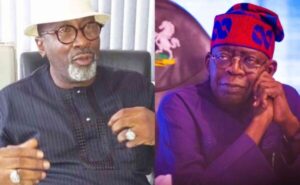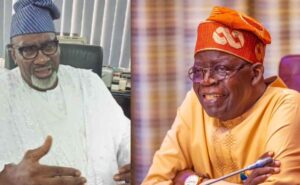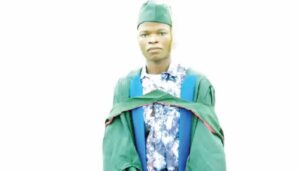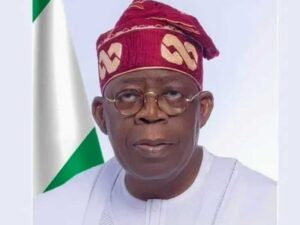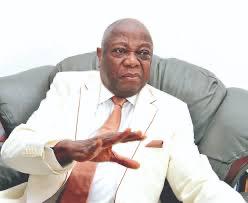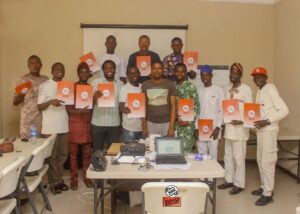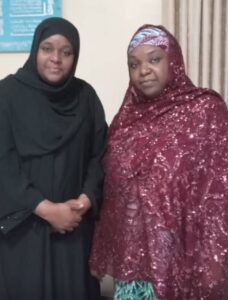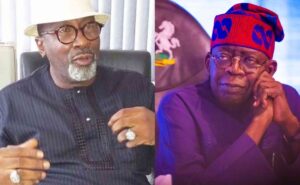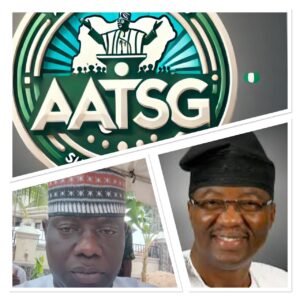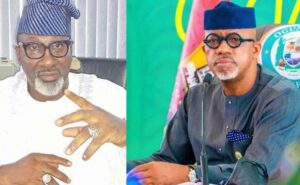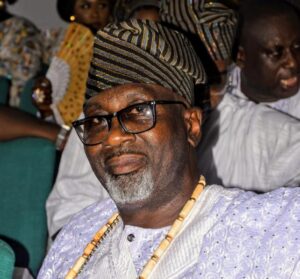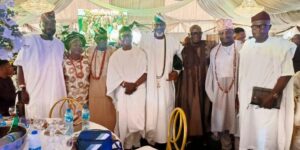INEC will have to pay me and my party 60 Million Naira as damages forpostponing this election! Says Prince Adewale Samson GOVERNORSHIPCandidate for ALL GRAND ALLIANCE PARTY (AGAP), Lagos state. Because it has affected all my party members for polling agents logistics wise across Lagos State, it has also affected my immediatefamily members traveling back from abroad and within Nigeria to vote. Affected my kids in boarding house.
How can an institution wake up at the middle of the night to postpone an election and now to delay the polls by a week? Given the timing of the announcement around 2.30 am local time, millions of eligible voters—especially those without access to the internet and social media—only found out when they woke up Saturday morning.
This is unbelievable! Says AGAP Governorship candidate. You
are now telling us the presidential and national assembly elections
will now be held a week later on Saturday Feb. 23. State governorship
and legislative elections have also been postponed to Mar. 9, they
were originally slated for Mar. 2.
For its part, INEC has not revealed the financial cost of a delay and
has blamed the delay on logistical difficulties even though it has had
four years to prepare and is backed with a 500 million dollars budget
But for ordinary citizens, the impact of a one-week delay will likely
be disruptive and in some cases, very costly.
As Nigerians can only vote in polling units where they were initially
registered, elections in Nigeria usually involve making painstaking
and expensive travel plans. People who have moved homes, changed jobs
or left the country have to go back to their old polling units to vote.
Can you imagine family members of Nigerians flying in from Europe, the
US and Asia, likely on tight itineraries, just to vote. Within the
country, traveling to different states and regions to vote will also become stranded in Nigeria now,
Schools have also planned their operations around INEC’s earlier
schedule with students sent home. Nigeria’s struggling economy will
also be impacted with several businesses shuttering operations in
anticipation of the elections. A postponement now means doing it all
over again.
The delay will impact turnout among Nigeria’s 84 million registered
voters”in a big way,” says Prince Adewale Samson, AGAP governorship
Candidate for Lagos state. Come next week, many voters will likely be
unable—or unwilling—to redo travel plans allowing them to vote. That
will poses a major problem for us that has recently struggled with
voter turnout: if we could remember what happen in last election
postponement after a six-week delay before the 2015 presidential
elections, only 33. % of eligible voters eventually cast a ballot at the polls.
The postponement of the election has been met with anger and
frustration among Nigerians especially as INEC’s late announcement
suggests a lack of consideration for its impact on citizens. Indeed,
in the commission’s official statement announcing its “difficult
decision,” there was no apology or acknowledgment of the impact the
delay could have on voters and the country especially after the
commission repeatedly claimed there would be no possible delay right
up the 10 hours before its announcement.
In fact, INEC’s decision endangered the lives of thousands of young
Nigerians it had signed up as ad-hoc staff for the elections. Across
the country, these young Nigerians were left”unprotected, without
security and welfare” through the night at polling units. Only God
knows if they will turn up for the election, bcs some of INEC adhoc
staff have not been paid yet
AGAP governorship candidate Prince Adewale Samson also noted a delay
is better than possibly disenfranchising voters due to logistics
problems. But also frown that one week would not be enough for INEC to
get things ready before the election, he suggested at least 3weeks
would be better. Because the possibility of having fewer observers
when the elections are eventually held will “affect the credibility of
the polls,” AGAP says. “We have seen over time how important these
observers are. The most objective viewpoints about the elections comes
from them once voting starts.”


